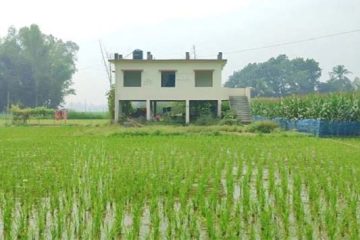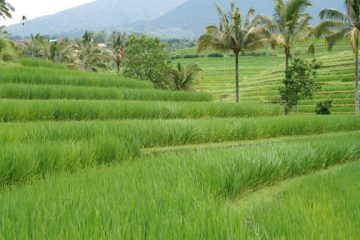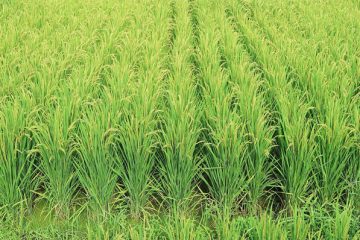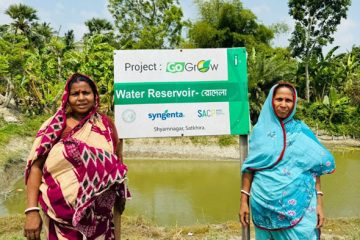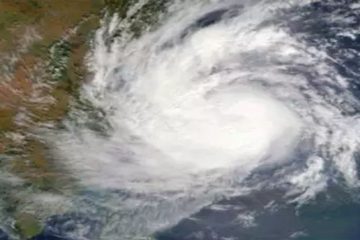 How many diamonds in the rough have ended as ordinary pebbles in the heat and pressure of life unforgiving? Well, in the havens of poverty, a mind boggling many.
How many diamonds in the rough have ended as ordinary pebbles in the heat and pressure of life unforgiving? Well, in the havens of poverty, a mind boggling many.
Let us put it this way, a child yoked to an oil-expeller (ghani) spends three to four hours on schooldays and agonisingly longer hours on holidays, to contribute to winning bread for the family.
Nur Jamal, of Baroghariya village of Aditmari upazila in Lalmonirhat, is that child. Only son of poor oilman Tofazzal Teli and Nur Jahan Begum, Jamal is also a student of class-III in Mohishkhocha Government Primary School.
Jamal hardly had any choice but to say farewell to his childhood good-bye in a family of a very sick father and mother and a younger sister, who is in class-II of the same school that Jamal goes to. The family does not have the ability to buy a bullock to work the oil-expeller. So the family members, except the father, take turns to do a bullock’s work. Still, there are times when they go without food.
“I want to study and grow up a self-reliant man. I want to have higher education,” said Jamal with shiny eyes. But what he said later could be summarised as, poverty stands in the way of realising his dreams. While trying to express all the rough aspects of life in his childish words he somehow got very emotional. The man inside the child cried.
“I have been pushing the oil-expeller for the last two years, after my father became ill. He has been suffering from stomachache,” Jamal said.
Tofazzal, Jamal’s father, has been pressing oil seeds for around 30 years. He is now incapable of hard labour.
He said, “We earn Tk 60-70 a day selling around five kilogrammes of mustard oil. Two years ago, the income was between Tk 100 and 120. Rise in oil-seed prices has reduced the income drastically.”
“Had I a bullock, my children would have better lives,” the father choked with emotion.
It kills Jamal’s mother when she sees the child take up the yoke and move around the expeller. She keeps dreaming of a happy life when their son is all grown up.
Baroghariya is a monga-prone village and most of the people here are living below the poverty line. There are a lot like Jamal here.
Mansur Ali, 60, a local, said that the vast majority of the villagers are poor there. So they are hardly able to help each other. However, the hard struggling of Jamal and his family is an example for others, he added.

